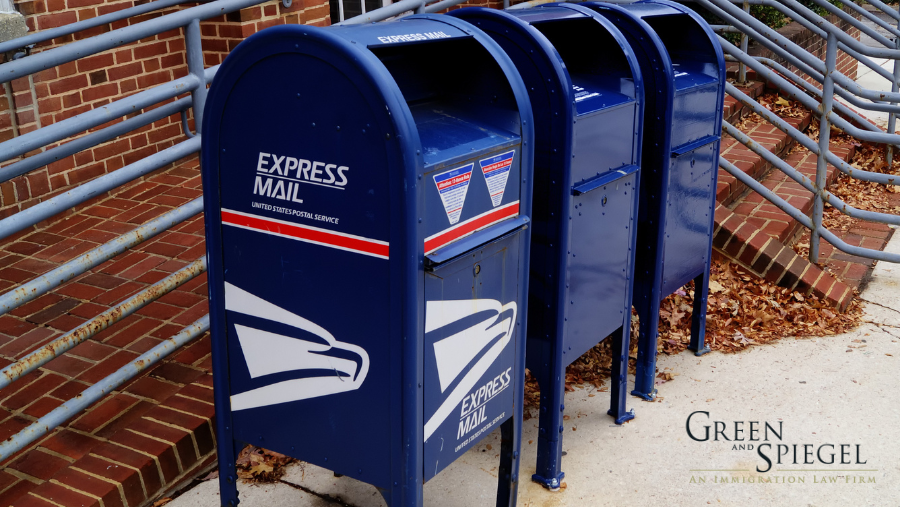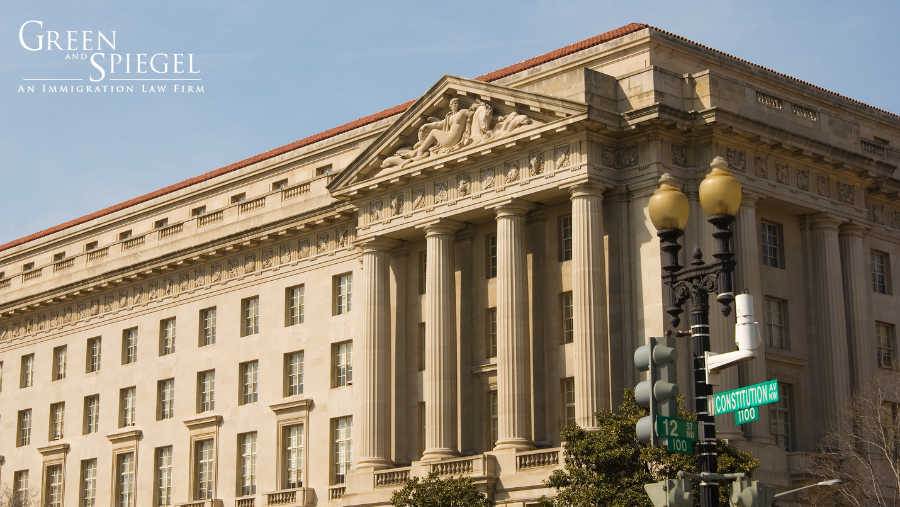This week, Green and Spiegel observed National Consumers Protection Week. The Retail Industry has transformed tremendously over the past decade, with most consumers turning towards online shopping from buying groceries to picking the latest seasons’ fashion trends. Retailers around the nation are closing the doors to their in-person stores, in favor of operating better online platforms. Consumer demand for convenient shopping right from home has also opened up a door for counterfeit goods to flourish. When browsing online, it can be difficult to discern whether the goods you are purchasing are true to their brand or actually a counterfeit version.
Counterfeit goods raise a host of legal problems from intellectual property law to health and safety laws. It is likely that if a good is counterfeit, the manufacturer is not following proper procedures. This could mean that the workers at the manufacturer do not have a voice, and are vulnerable to exploitation. From dangerous working conditions, to little and no pay, workers making counterfeit goods are often times trapped in slavery. Therefore, consumers should beware of counterfeit goods. Not only can they pose a safety risk, but also it is likely that counterfeit goods are produced with forced labor.



